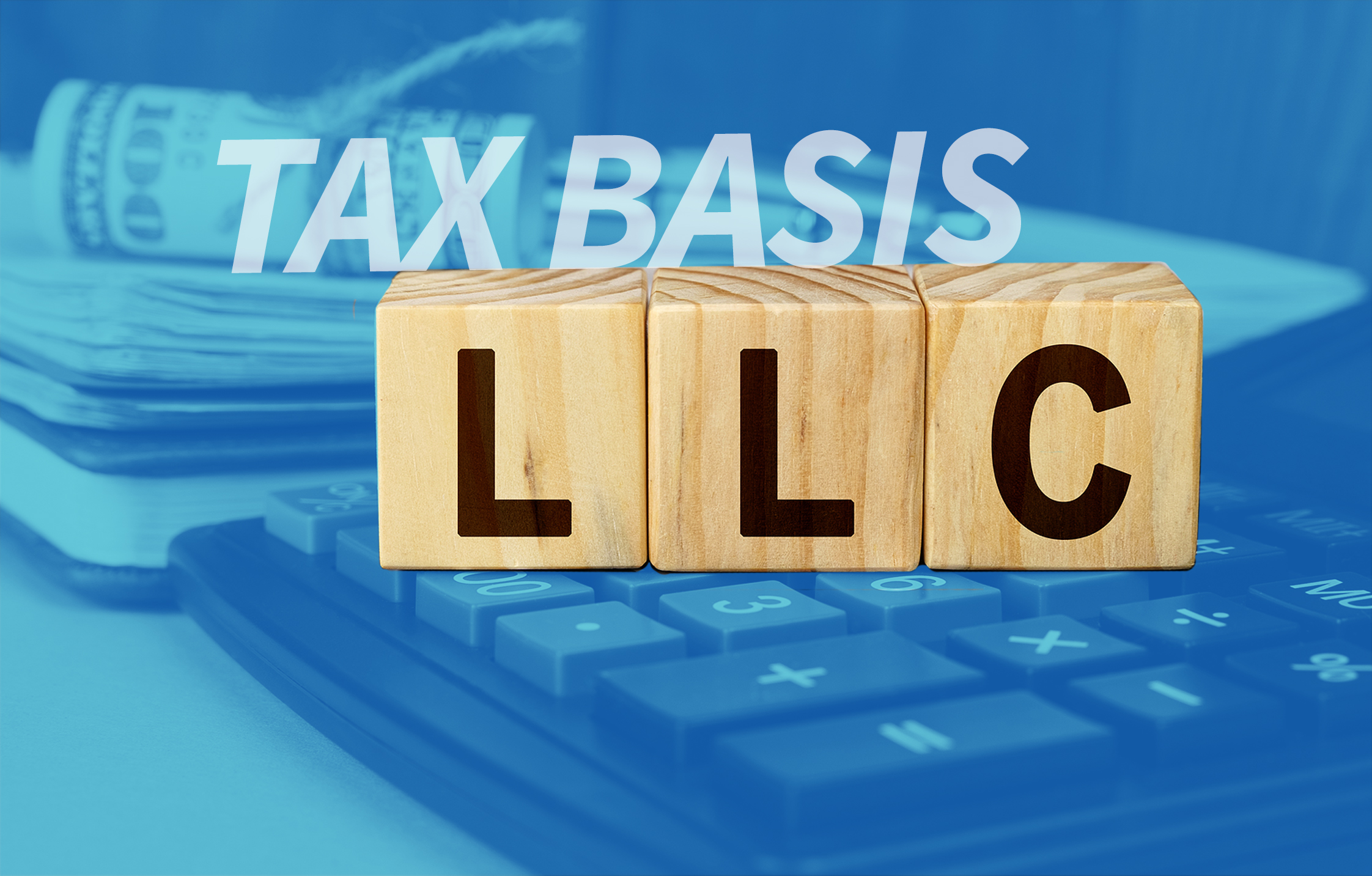Calculating adjusted tax basis in a partnership or LLC takes us into a complex area of tax law. Remember that the tax basis is equal to the purchase price of an asset minus any accumulated depreciation. This formula sounds simple enough, but a business’s entity type can introduce unique complications in determining the initial value of an asset and the total depreciation.
While some view partnerships as a diminishing business type, LLCs remain as popular as ever. However, many LLCs end up being taxed as a partnership, since that is the default for any LLCs with more than one member if they do not proactively elect to be taxed as another entity type. If an LLC is taxed as a partnership, all partnership tax laws apply including the new rules around tax basis reporting. Therefore, LLCs also need to be aware of how partnerships are currently taxed to make informed tax decisions.
First, a partnership has two types of tax basis: inside basis and outside basis. Inside basis focuses on individual assets, while outside basis has to do with each partner’s interest in the partnership. For example:
- Partner A contributes $50,000 in cash.
- Partner B contributes property valued at $50,000 (at the time of the contribution), but the property was originally purchased for only $25,000.
- Since the inside basis has to do with the value transferred to the partnership, these two partners would have the same equity in the partnership. The total inside basis would be the total value of the assets = $100,000.
However, these two partners would have a different outside basis. In this simplified example, Partner B has only invested $25,000 of their own capital (the amount they paid for the property), so their outside basis is lower.

Become a Certified Tax Planner! Fully immersive year-round training and guidance on how to implement sophisticated tax planning strategies. Drastically reduce your clients’ taxes and earn premium fees!
If Partner B decided to turn around and sell their share of the partnership for $50,000, they would recognize a $25,000 gain, which would be taxable income. So if we want to know if someone has a taxable gain, we need to look at the outside basis.
The outside basis will change if the partner’s interest in the partnership changes. To take another example:
- Partner B receives a $10,000 distribution of cash. Their outside basis would decrease to $15,000 (their initial contribution – their gain from the partnership).
- If Partner B sold their share for $50,000 at this point, they would see a $35,000 taxable gain.
As you can see, the outside basis is key to determining the taxability of distributions, exchanges, or transfers of partnership interests.
This reveals some disadvantages of a partnership. Anytime you contribute or distribute property within a partnership, that action can have a taxable impact on the partners. For instance, an LLC taxed as a partnership is the most common form of ownership for real estate. If that real estate appreciates in value, that gain may need to be recognized when you contribute the property and when the partners receive their distributions.
Similarly, when partnerships dissolve, they sometimes assume they can divide property equitably by adding up the fair market value, but they might fail to take into account the gain that has been acquired since the properties were contributed to the partnership. The tax consequences for each partner might vary greatly depending on factors such as the initial basis for each of those properties, whether any gain was recognized initially, and what elections were made in the partnership to step up basis.
Tax professionals need to become well-acquainted with these tax basis rules to best serve clients involved in a partnership or LLC. Build up your knowledge base and demonstrate your expertise by becoming a Certified Tax Planner.





